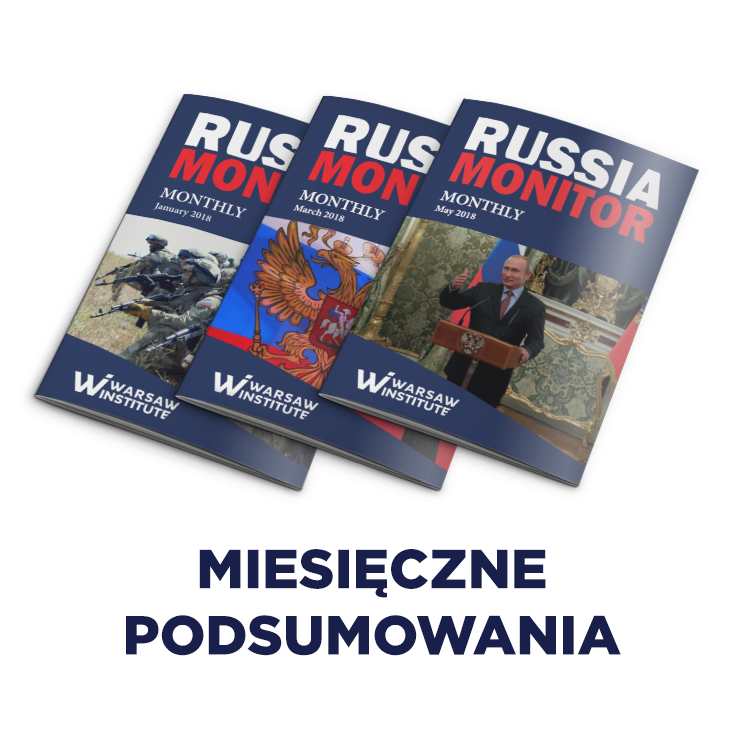Articles Patriotic Fund
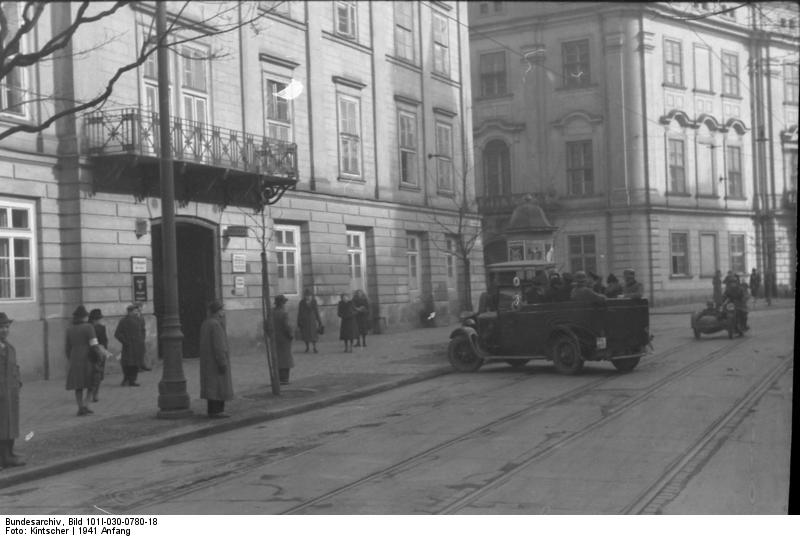
Operation Kutschera
Operation Kutschera has been widely analyzed and described in sources. It was just one of many daring attempts the Home Army had made under the lengthy Nazi German occupation of Poland.
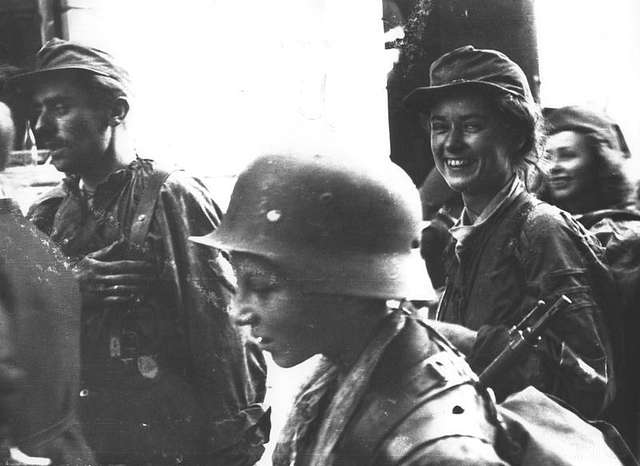
More Than Home Army Soldiers: Various Concepts of Independence Struggle After 1939 Defensive War. The Biographies of Irena Iłłakowiczowa and Klementyna Mańkowska pt.3
This article discusses the Military Organization Lizard Union (Organizacja Wojskowa Związek Jaszczurczy, OW ZJ) and the Musketeers (Muszkieterzy)––Poland’s World War II resistance movement that both fought Nazi Germany and the Soviet Union, albeit are little known to the public. This paper also recounts the biographies of two Polish female intelligence officers––Irena Iłłakowiczowa and Klementyna Mańkowska. The author attempted to depict varying ways to fight for freedom while not giving any hasty assessment.

More Than Home Army Soldiers: Various Concepts of Independence Struggle After 1939 Defensive War. The Biographies of Irena Iłłakowiczowa and Klementyna Mańkowska pt.2
This article discusses the Military Organization Lizard Union (Organizacja Wojskowa Związek Jaszczurczy, OW ZJ) and the Musketeers (Muszkieterzy)––Poland’s World War II resistance movement that both fought Nazi Germany and the Soviet Union, albeit are little known to the public. This paper also recounts the biographies of two Polish female intelligence officers––Irena Iłłakowiczowa and Klementyna Mańkowska. The author attempted to depict varying ways to fight for freedom while not giving any hasty assessment.

More Than Home Army Soldiers: Various Concepts of Independence Struggle After 1939 Defensive War. The Biographies of Irena Iłłakowiczowa and Klementyna Mańkowska pt.1
This article discusses the Military Organization Lizard Union (Organizacja Wojskowa Związek Jaszczurczy, OW ZJ) and the Musketeers (Muszkieterzy)––Poland’s World War II resistance movement that both fought Nazi Germany and the Soviet Union, albeit are little known to the public. This paper also recounts the biographies of two Polish female intelligence officers––Irena Iłłakowiczowa and Klementyna Mańkowska. The author attempted to depict varying ways to fight for freedom while not giving any hasty assessment.
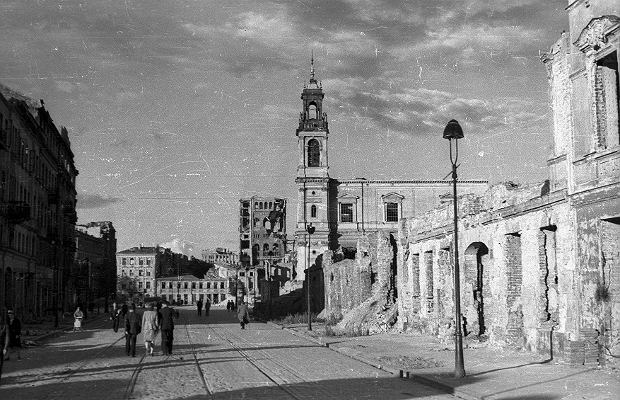
A Greek Tragedy of the Warsaw Uprising
While discussing the Warsaw Uprising, we must think of both how heroic Warsaw insurgents and residents were at that time and that the city was razed to the ground. Its cultural legacy was destroyed while many people perished. Not only was the Warsaw Uprising a failed military effort, but it also stood for the biggest tragedy the Polish nation ever suffered. A particular feature now is the nationwide consciousness from which we all draw today. Poles have long tended to mark historical remembrance to honor national heroes, which is praiseworthy. And yet, all damages Warsaw sustained at that time were just gigantic. Józef Wiłkomirski, a Polish composer and Home Army soldier who fought in the uprising, recalled once that among those 200,000 people killed in the uprising was the flower of the Warsaw youth. These young people, he said, would have served a major role in rebuilding the war-ravaged country.
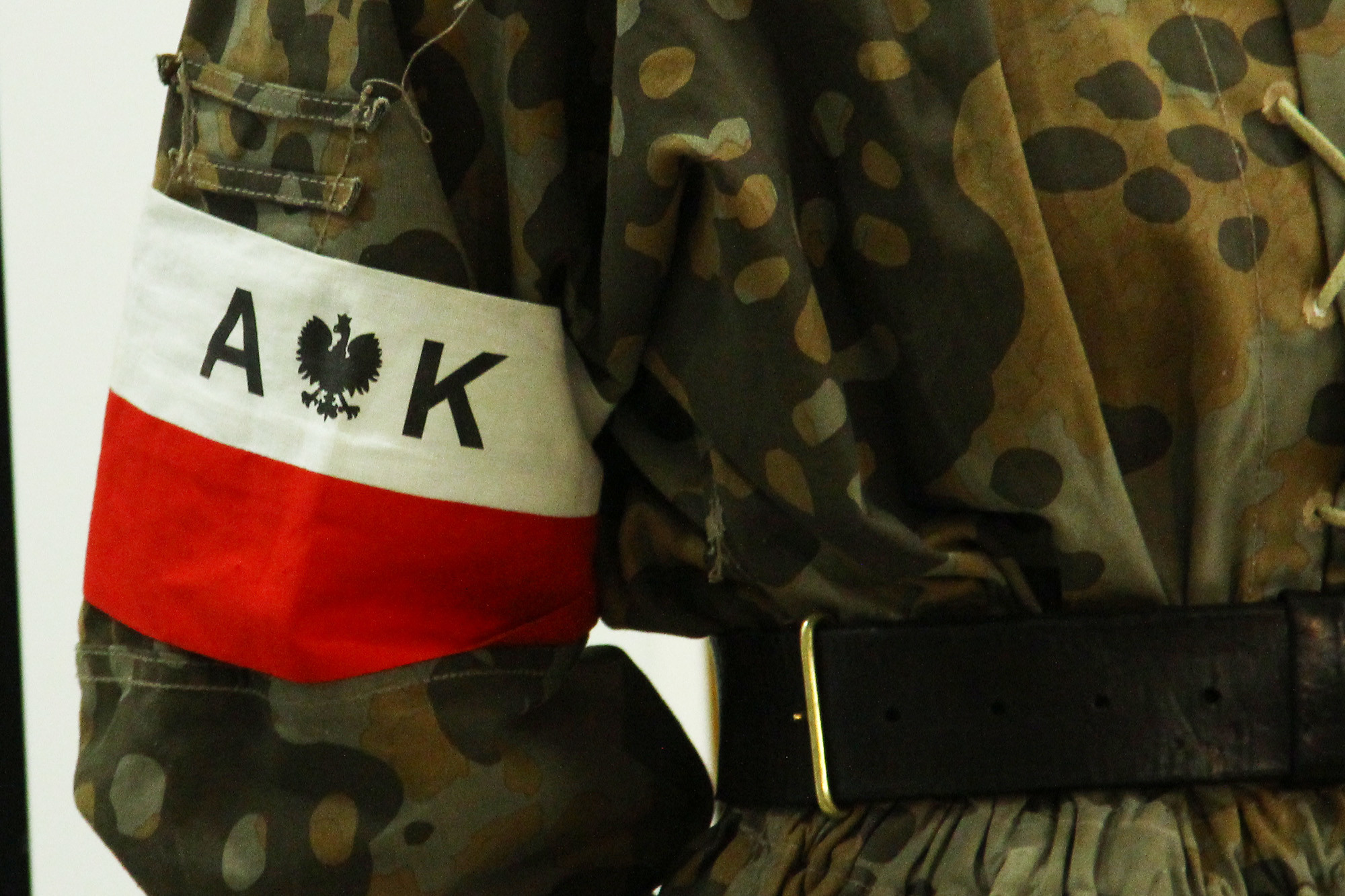
Home Army Liquidation Operations
Poland’s Home Army (Armia Krajowa, AK), a major resistance movement in the Nazi-occupied country, conducted a series of liquidation operations targeting Nazi officials–– an act of revenge for oppressing the Polish population.
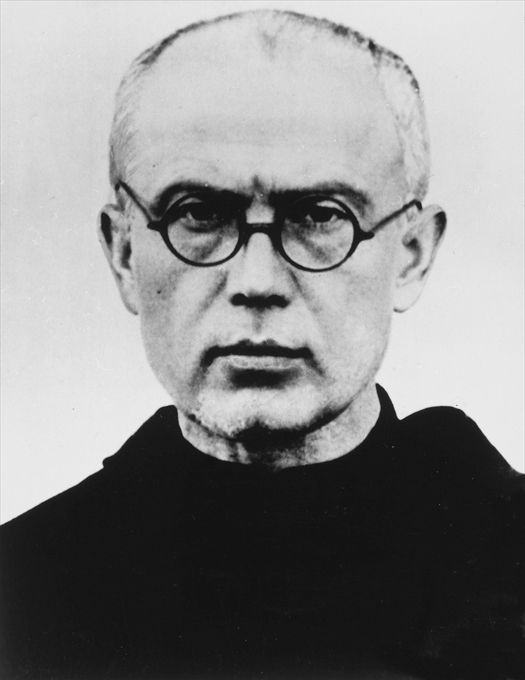
Nazi persecution of the Catholic Church in Poland
Although World War II ended the period of Poland being home to many faiths, the country was essentially Catholic-dominated before the war broke out. The 1931 census found that 65 percent of Poland’s prewar population declared themselves Catholic. Thus, this article depicts the Catholic Church in Nazi-occupied Poland while reviewing some attitudes the Polish clergy would adopt at that time.
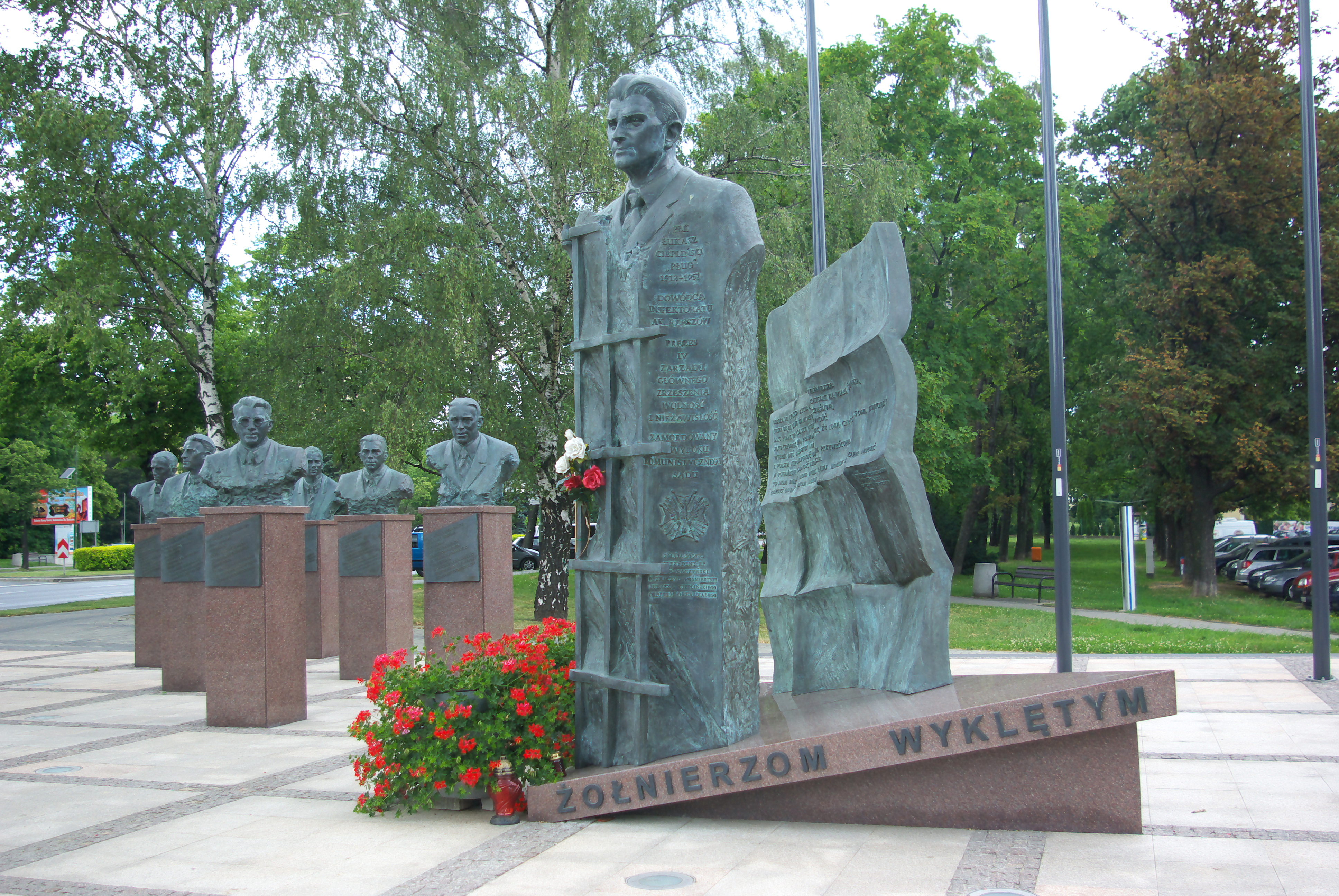
The Indomitable: Colonel Łukasz Ciepliński’s Fight for Poland’s Freedom pt. 2
In September 1945, Łukasz Ciepliński became chairman of the Cracow District of Freedom and Independence Association (Polish: Zrzeszenie Wolność i Niezawisłość, or WiN), where he continued to make use of his excellent organizational skills. The activities of the Polish underground after May 8, 1945, resembled those of earlier years only to some extent.
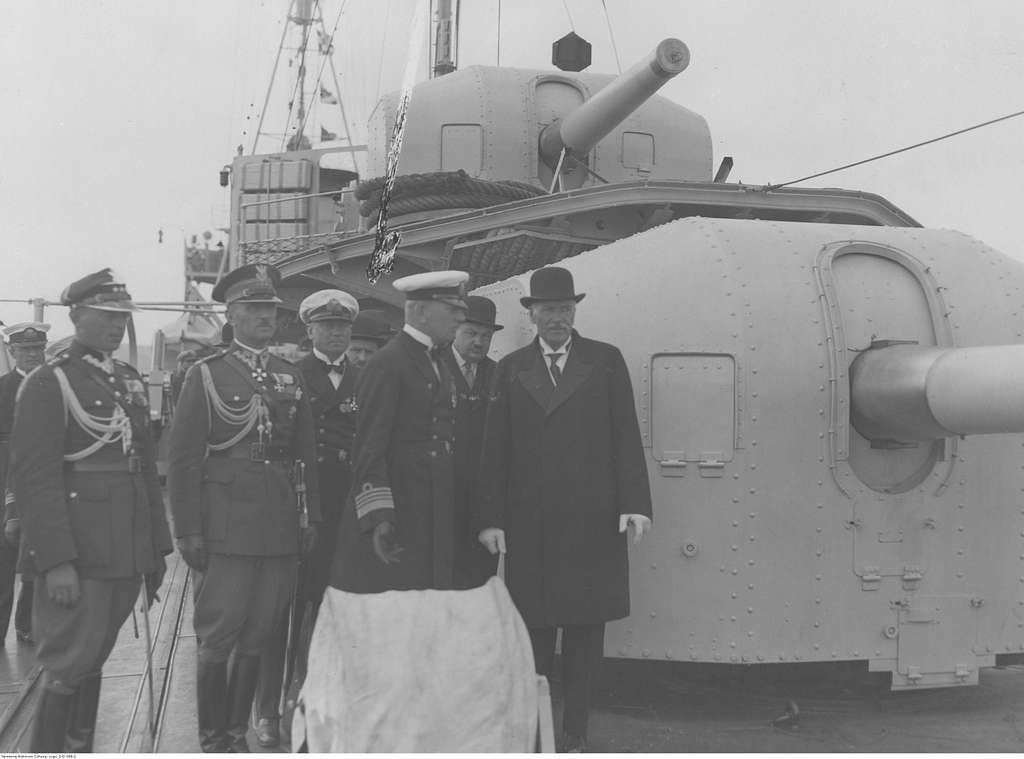
Józef Unrug – An Adamant Admiral
Józef Unrug was a brilliant navy commander and founder of Poland’s Navy he purchased a ship for. Despite his German roots, he renounced his ties to German, claiming he “forgot to speak German,” after the German invasion of Poland.
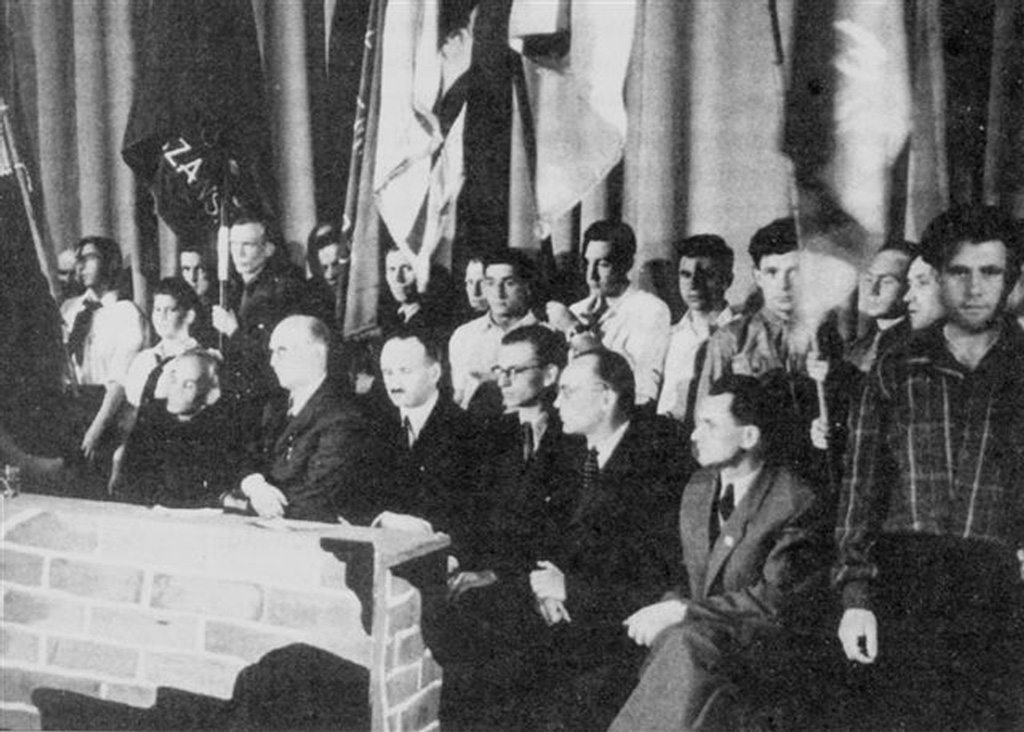
Żegota Council to Aid Jews: How Poland Helped the Jews
The Żegota Council to Aid Jews was the only state-supported clandestine institution in the Nazi-occupied countries of Europe. It came in response to Operation Reinhard, a secret Nazi plan to exterminate Polish Jews.
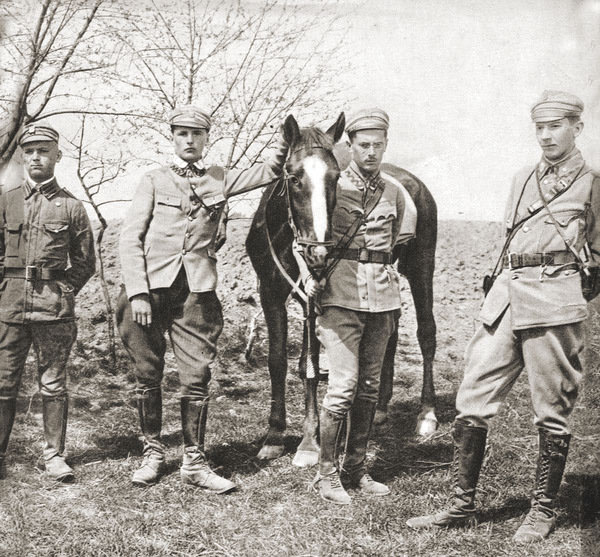
Stefan “Grot” Rowecki: A Betrayed General
Stefan Rowecki, codename “Grot” (Spearhead) was born on December 25, 1895 in Piotrkow Trybunalski, Poland. In his hometown he graduated from a middle school and founded one of Poland’s first scouting organizations. He enrolled at the Faculty of Electrical Engineering at the Wawelberg and Rotwand Engineering School in Warsaw, Poland. In 1913 he joined the Polish Rifle Squads, where he went by the nom de guerre Radecki. He was appointed non-commissioned officer and chief of the Warsaw branch of the Rifle Squads.
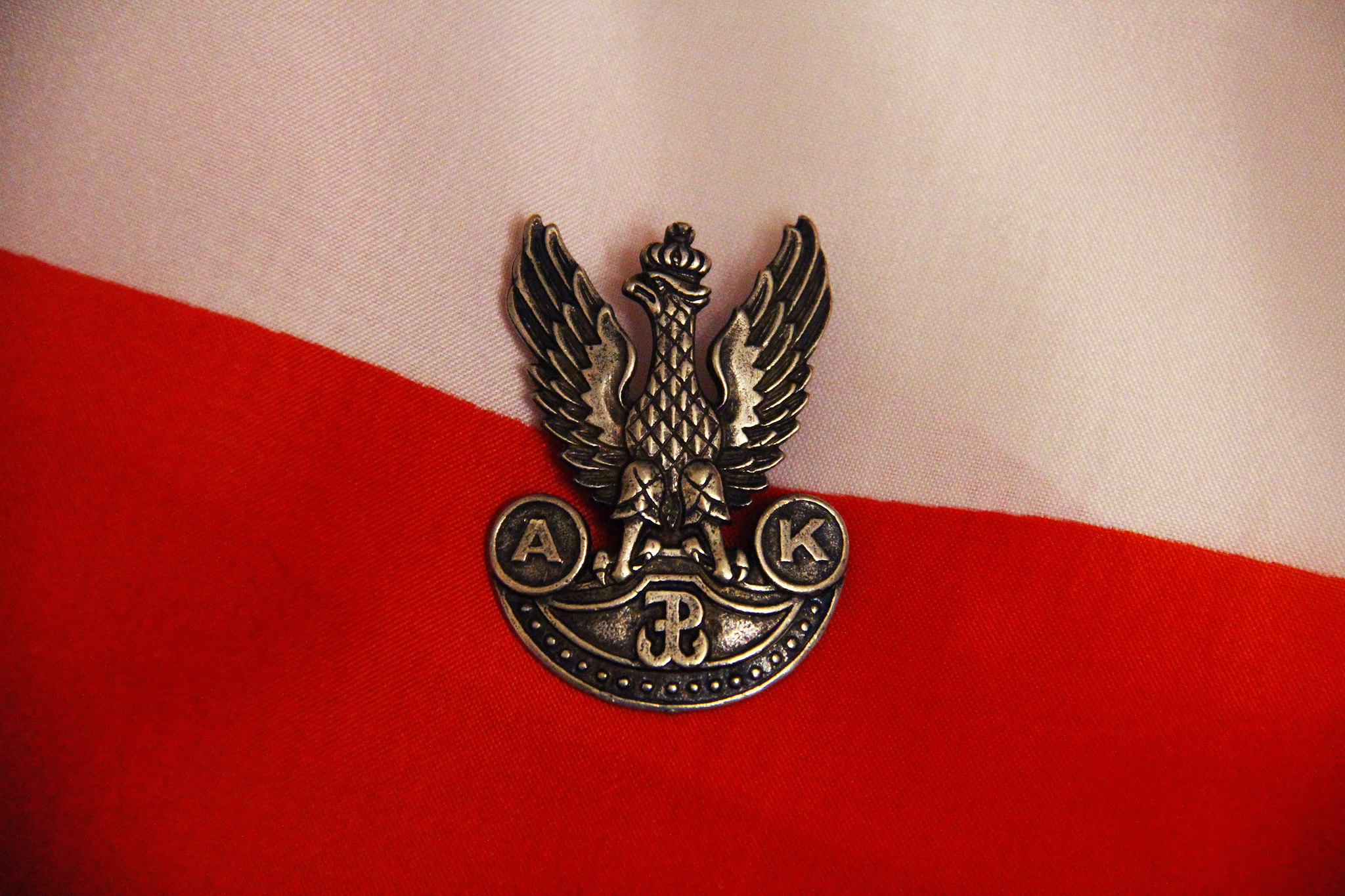
Bureau of Information and Propaganda: Non-Military Wing of Poland’s Home Army
What influenced Poland under Nazi occupation was to what extent its society was then aware of current affairs. Any piece of information mattered at that time, not only that specific one that contributed to wartime decision-making processes. Of crucial importance, also for history, was any information that made Poles aware of Nazi atrocities on the one hand and the Home Army’s independence pursuits on the other. As Poles grew more aware, they increasingly opposed the Nazi occupier. The Bureau also promoted pro-Polish attitudes, making the Polish resistance movement stronger than in any other Nazi-occupied country.
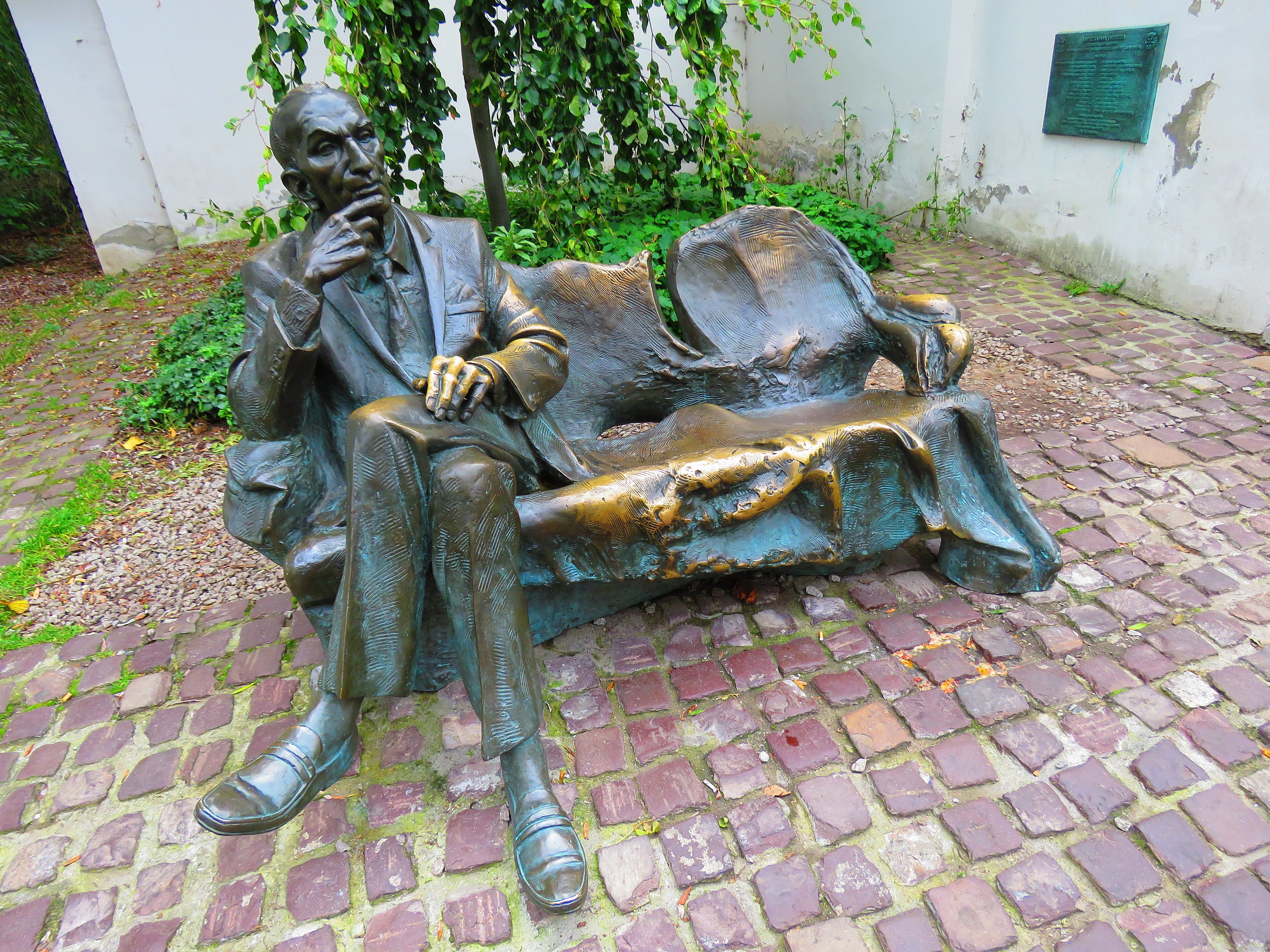
Jan Karski: Emissary of the Free World
Jan Karski was a great man who briefed the whole world on Nazi atrocities in occupied Poland during World War II. Karski became a courier for the Polish Underground resistance and the Polish government-in-exile, spreading his eyewitness account of the Holocaust. A Polish patriot, soldier and professor.
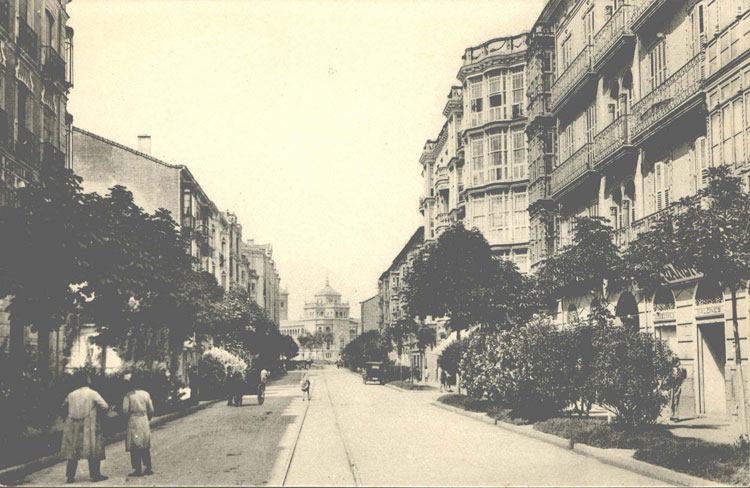
Tragedy of the Recovered Territories
Once the war’s encroaching fog finally cleared, the territories of Poland were in ruins. The extent of repression and misery inflicted on the Polish people left a strong imprint that we can still observe today. The Polish territories were in a state of chaos in the early days of the postwar period. Soviet advances east of the pre-war Curzon line were consolidated as a result of decisions made at the Yalta and Potsdam conferences.
The project was co-financed by the National Heritage Institute of Roman Dmowski and Ignacy Jan Paderewski as part of the Patriotic Fund – edition 2022 – Freedom in Polish – Priority I, run by the Ministry of Culture and National Heritage.





